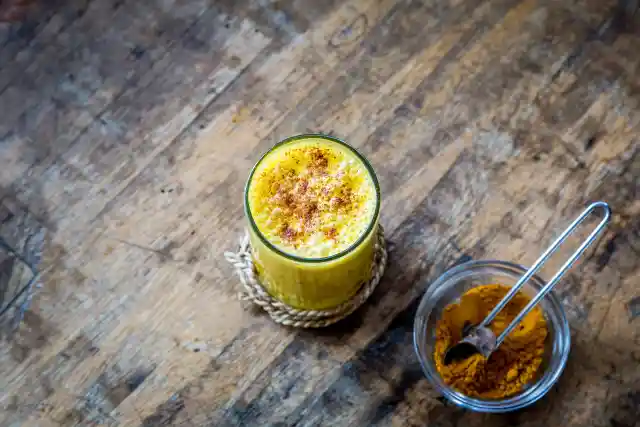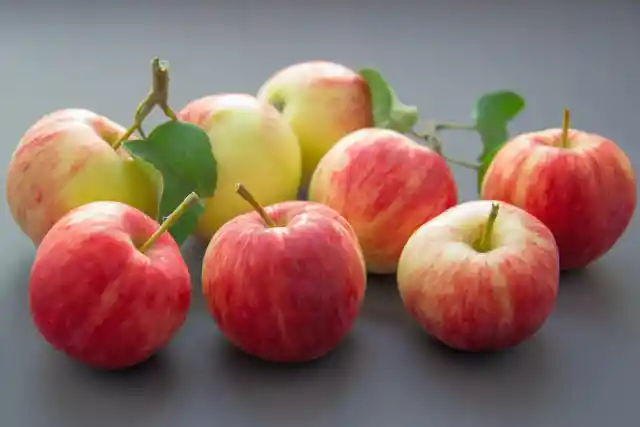With rising pollution, our lung health becomes more important than ever. This is especially true during the colder months of the year. There are numerous reasons why people look forward to winter, including the delicious cuisine and nice weather. The season does, however, come with an own set of health risks.


The cold weather can impair our immune system and render us vulnerable to a variety of health problems. The effects of cold weather and a poor lifestyle on our heart and lungs are numerous, and dry skin, colds, and coughs are only the top of the iceberg.
Reduced immunity, comfort food, and a sedentary lifestyle all greatly raise the chance of a sudden heart attack and respiratory problems. A nutritious diet is one way to maintain healthy lungs. A balanced diet can keep you healthy and keep you free of most diseases.
And fortunately, we can take some steps to keep our lungs healthy even in the cold by prioritizing specific meals.
Garlic
Garlic contains flavonoids that encourage the synthesis of glutathione, which improves the removal of toxins and cancer-causing agents and further improves lung function.


It can help with the treatment of the flu and colds. It encourages a quicker recovery and has other health advantages.
Ginger
Ginger has anti-inflammatory properties, but it also aids in detoxification and encourages the removal of toxins from the lungs. Ginger helps in clearing blocked airways, enhancing lung circulation, and easing congestion, all of which contribute to improved lung health.


Ginger contains compounds that relax smooth muscles and enlarge blood vessels in the lungs, allowing the airways to open. You can use fresh ginger slices or freshly grated ginger in hot tea to cure coughs.
Pepper
Peppers are a good source of the carotenoids lutein and zeaxanthin as well as vitamin C. Carotenoids have been shown to reduce the chance of acquiring lung cancer.


Capsaicin, which is abundant in cayenne pepper, encourages healthy secretions that protect the lungs' mucous membranes. Try a cup of tea with cayenne. It is also a fantastic source of beta-carotene, which may help with some asthma symptoms.
Citric Fruits
Lemons and oranges are examples of citrus fruits that are rich in vitamin C and antioxidants, which protect the body against oxidative stress and inflammation.


Studies suggests that consuming vitamin C may help prevent asthma and other respiratory conditions. It shields the body from damage caused by free radicals, helps in control of diabetes and heart disease, and enhances skin health.
Turmeric
Due to its strong anti-inflammatory and antioxidant properties, turmeric is frequently used to boost general health. The primary active ingredient in turmeric, curcumin, may have particular advantages for promoting lung health.


Your immune system is boosted by turmeric, which also gets your immune system ready to fight infections. Add some black pepper and turmeric together for immediate relief.
Fish
Choline, omega 3 fatty acids, and a wealth of antioxidants found in fish are helpful for maintaining lung health. Together, they minimize pulmonary inflammation and combat irritant-causing microorganisms.


Inflammation is a major contributor to asthma episodes and other respiratory problems.
Leafy Greens
Leafy greens are an excellent source of carotenoids, iron, potassium, calcium, and vitamins. Examples include bok choy, spinach, and kale.


Leafy greens are rich in vitamins A, C, E, and K, which all have antioxidant and anti-inflammatory effects that are proven to improve lung health in addition to increasing general immunity.
Honey
Honey offers several health advantages, particularly for respiratory conditions. It possesses bacterial, viral, fungal, and anti-inflammatory properties that might help shorten the duration and intensity of a cough.


For optimal results, juice with one spoonful of honey, two teaspoons of fresh lemon juice, and water.
Apples
An apple a day keeps the doctor away, as the proverb goes, but this is not simply grandma's old wives' tale; extensive study has been done on the health advantages of apples.


The fact that apples are rich in phenolic acids and flavonoids, which lower airway inflammation, a major cause of asthma and coughing, is one of the reasons for their health-promoting properties.
Berries
Berries can protect the lungs against a number of problems. Age-related lung function reduction can be slowed down by eating berries, especially blueberries, which contain dietary flavonoids.


One of the best berries for maintaining the health of your lungs is acai, followed by the blueberry. Antioxidants like vitamin C, which aid in battling cell-damaging free radicals, are abundant in them.
Broccoli
Broccoli has significant levels of vitamin C, carotenoids, folate, and phytochemicals that protect the lungs from harmful substances.


L-sulforaphane, an active ingredient in broccoli, is claimed to deceive cells into turning on anti-inflammatory genes, preventing respiratory diseases further.
Pumpkin Seeds
Pumpkin seeds are abundant in zinc, a mineral that your body needs to help white blood cells function correctly.


For the body to fight against illnesses like the flu virus, white blood cells are essential. They may be consumed in as snacks or added to salads to give them crunch.